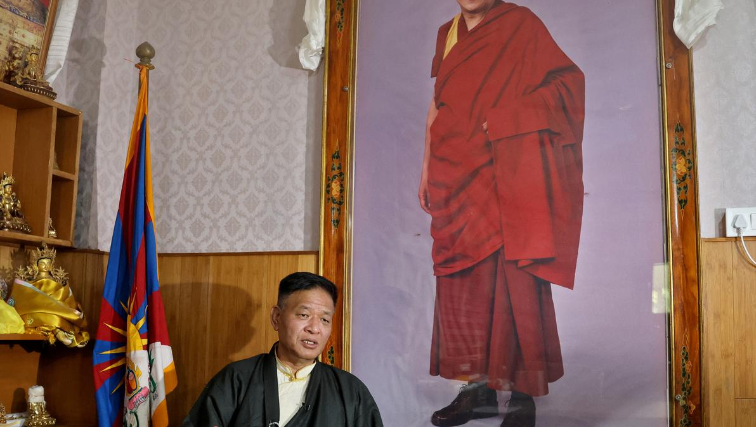China-Tibet back channel negotiations are underway. Sikyong Penpa Tsering.
The Central Tibetan Administration (CTA) has been holding back-channel talks with Chinese authorities “through a third country”, Penpa Tsering, Sikyong or President of the CTA said here on Wednesday. Speaking to a select group of media, Mr. Tsering, who is set to visit the United States after the enactment of the Resolve Tibet Act in the Congress, said the CTA will counter the renaming of Tibetan territories by Chinese authorities by creating a map of Tibet that will carry the names of all the places of Tibet in Tibetan language.
“We have been having back-channel negotiation with the Chinese side. We do not have any expectation from these talks but we have to keep the engagements going as these are part of our long term plans. We met in the first week of this month and the talks are being held with the help of a third country,” said Sikyong Tsering without explaining the level of the officers who are involved in these talks. He further explained that the back-channel talks were started with the initiative from the Chinese side.
Sikyong Tsering came to Delhi from Dharamshala before leaving for Washington DC where he will meet with all sides of the U.S. politics as the Resolve Tibet Act received bipartisan support. President Biden signed the text of the Resolve Tibet Act on July 12 that is aimed at initiating “meaningful dialogue” between the People’s Republic of China and the Dalai Lama or “his representatives” which prompted the Central Tibetan Administration to welcome the move.
Sikyong Tsering described the Tibetan issue as a “conflict” saying that terms like “Tibetan issue” or “dispute” do not convey the substance of the problem.
“Tibet continues to be an unresolved conflict and its resolution has to be based on international law,” said Mr. Tsering. The Resolve Tibet Act has used “dispute” to describe the Tibetan issue, but Mr. Tsering said, “Tibetan conflict is the term to give it a proper status as the real issue is the Chinese occupation of Tibet.” He pointed out that while countries of Europe and the West often talk about violation of human rights and religious rights in Tibet these fails to convey the real problem.
He further pointed out the new act promulgated by the U.S. Congress will help in countering Chinese official position on Tibet that he characterised as a “misinformation campaign”. Chinese official position on Tibet, said Mr. Tsering, often underplays Tibet’s own rich history as it projects Tibet as part of China since the ancient era. He also took a strong stand on the renaming of various places of Tibet saying that renaming will not erase Tibet’s unique culture and identity.
“Nowadays Beijing has started calling Tibet as Xizang but now we are researching every name in Tibet and we will have a map of Tibet that will show all the original Tibetan names of all the places in Tibet,” said Mr. Tsering. He also said that the reincarnation of the Dalai Lama will be determined by the Dalai Lama and the Tibetans, saying, “It is the reincarnation of His Holiness Dalai Lama and not reincarnation of Xi Jinping.”
The Resolve Tibet Act has also raised the issue of self-determination for Tibetans declaring, “All peoples have the right of self-determination. By virtue of that right, they freely determine their political status and freely pursue their economic, social and cultural development.” Sikyong Tsering interpreted the “self-determination” as the right to hold plebiscite in Tibet and added, “Self-determination means plebiscite. The question is whether China will allow plebiscite in Tibet.” Mr. Tsering expressed gratitude to all stakeholders in the U.S. for ensuring the passage of the Resolve Tibet Act and said he will likely meet all sides, including the Republican party’s leading members as the election season is heating up in the U.S.













